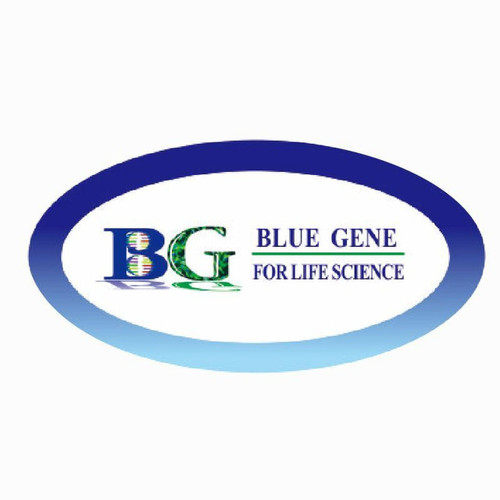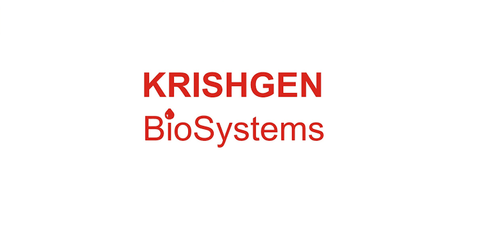Product Description
Human Smoothened homolog (SMO) ELISA Kit | AE18076HU | Abebio
Species Reactivity: Human (Homo sapiens)
Abbreviation: SMO
Alternative Name: Gx; SMOH; seven transmembrane helix receptor|smoothened
Application: ELISA
Range: 0.312-20 ng/mL
Sensitivity: 0.117 ng/mL
Intra-Assay: ≤5.1%
Inter-Assay: ≤8.5%
Recovery: 0, 91
Sample Type: Serum, Plasma, Other biological fluids
Detection Method: Sandwich
Analysis Method : Quantitive
Test Principale: This assay employs a two-site sandwich ELISA to quantitate SMO in samples. An antibody specific for SMO has been pre-coated onto a microplate. Standards and samples are pipetted into the wells and anySMO present is bound by the immobilized antibody. After removing any unbound substances, a biotin-conjugated antibody specific for SMO is added to the wells. After washing, Streptavidin conjugated Horseradish Peroxidase (HRP) is added to the wells. Following a wash to remove any unbound avidin-enzyme reagent, a substrate solution is added to the wells and color develops in proportion to the amount of SMO bound in the initial step. The color development is stopped and the intensity of the color is measured.
Product Overview: Spermine oxidase is the polyamine oxidase. This enzyme potentially represents a new class of catabolic enzymes in the mammalian polyamine metabolic pathway capable of the efficient oxidation of polyamines. More than five transcript variants encoding four active isoenzymes have been identified for this gene, however, not all variants have been fully described. The characterized isoenzymes have distinctive biochemical characteristics and substrate specificities, suggesting the existence of additional levels of complexity in polyamine catabolism.Plays an important role in the regulation of polyamine intracellular concentration and has the potential to act as a determinant of cellular sensitivity to the antitumor polyamine analogs. May contribute to beta-alanine production via aldehyde dehydrogenase conversion of 3-amino-propanal.
Stability: The stability of ELISA kit is determined by the loss rate of activity. The loss rate of this kit is less than 5% within the expiration date under appropriate storage condition. The loss rate was determined by accelerated thermal degradation test. Keep the kit at 37°C for 4 and 7 days, and compare O.D.values of the kit kept at 37°C with that of at recommended temperature. (referring from China Biological Products Standard, which was calculated by the Arrhenius equation. For ELISA kit, 4 days storage at 37°C can be considered as 6 months at 2 - 8°C, which means 7 days at 37°C equaling 12 months at 2 - 8°C) .
 Euro
Euro
 USD
USD
 British Pound
British Pound
 NULL
NULL












